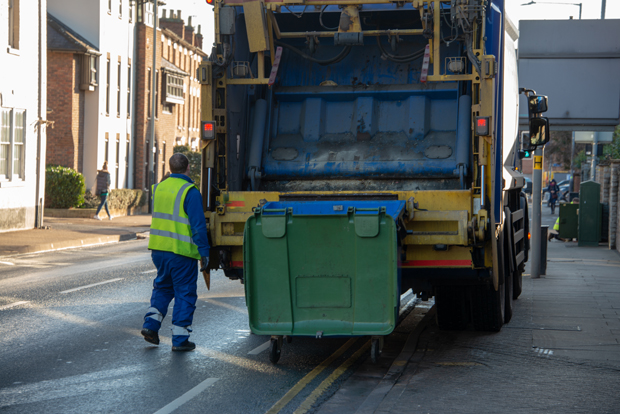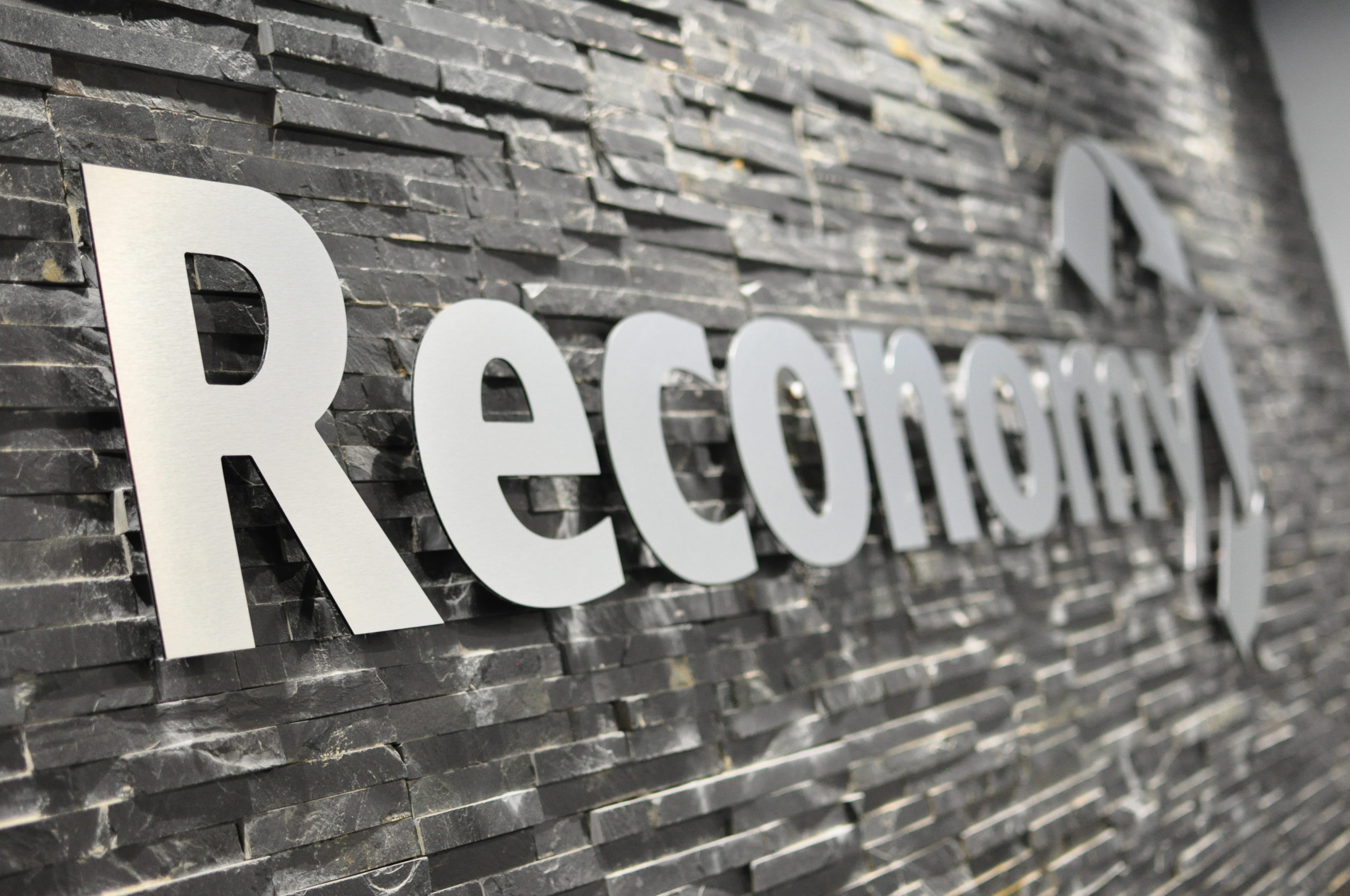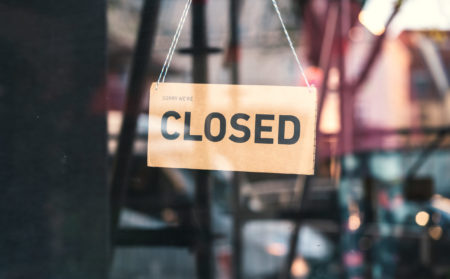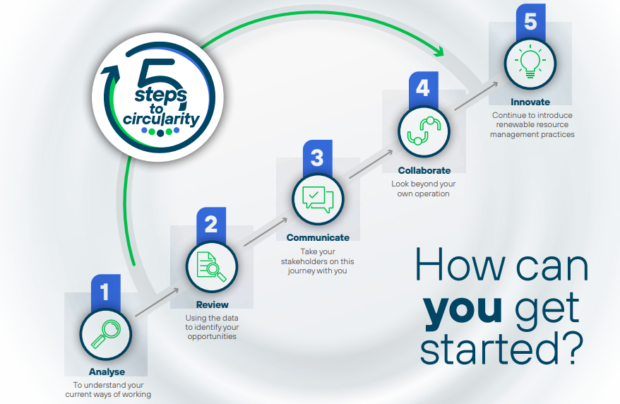Services are no longer about who has the most trucks, Mr Laud said during an interview with letsrecycle.com, discussing the changing role of waste service providers and the need for businesses to adapt their models.

Instead, he sees waste service providers as partners in helping companies achieve zero waste targets.
In recent years, Reconomy has established itself as a major player in the UK waste industry with a string of key acquisitions, including buying companies such as Casepak, Eurokey, and Valpak, among many others.
This has propelled it to the forefront of working with businesses on waste reduction measures, which Mr Laud said still needed to go further.
He said there had always been a need for good logistics and hauliers with the right equipment, but requirements “go so much further now”.
“The whole concept of waste and waste management is becoming a bit of a legacy concept because nobody wants to manage waste. That’s the irony,” he said.
“We’re trying to eliminate waste. Waste reduction or waste elimination is a more appropriate term now. It should all be about conserving resources and what we are really doing is managing resources and trying to prevent them ending up in the wrong place as waste.”
Approach
Mr Laud explained that businesses needed to consider waste reduction or elimination along with energy and water as the third element in a triptych of environmental commitments.

He said there was significant focus on the latter two elements as they are “mature” and “well-established” markets with good tools to measure progress, unlike waste.
“Zero waste is slightly more immature and businesses aren’t quite sure about how to go about achieving it and measuring it,” he explained.
Transition
Mr Laud said many businesses were currently transitioning to “regenerative capitalism”, a circular model where they maximise both profits and their positive impact on the environment and communities.
He contrasted this with consumptive capitalism, a linear economic system whereby business consume resources for the highest profit at lowest cost.
Mr Laud claimed most businesses were stuck somewhere between the consumptive model and the regenerative model. One reason why, he explained, is that they still default to the “short game” of prioritising the cost of doing something. Action is delayed at best or rejected if a change to processes or additional expenditure is required, he suggested.
“Few businesses are setting out a strategy for the long game and considering business cases against the cost of doing nothing,” he added.
Reconomy has developed a proven methodology – ‘five steps to circularity’ for businesses to follow to enable them to make the transition, as outlined below.
Using this five-step approach, Reconomy says, businesses will be able to “flip the concept of waste disposal on its head”, manage the complete journey that resources take, and identify waste minimisation opportunities.
Strategy
Mr Laud said waste partners and businesses needed to develop a “clear strategy and comprehensively embed it within their business, ensuring it is the context against which business cases are evaluated and decisions made.”
“I believe it’s changing, with a whole spectrum of solution providers out there,” Mr Laud said. “However, I find it contradictory that businesses are still setting up sustainability as a department and allocating it a budget. There is an irony to this concept, as it needs to be embedded across a business – not just as a strategy but as a state of mind and a way of working.
“Everyone there should be aligned to a common goal and be incentivised to achieve the same thing. It should not be a team or an individual trying to influence their peers and other departments to do what everyone in the business should already be focused on delivering.

Cost of doing nothing
Mr Laud said few businesses were setting out an environmental strategy for the long game and considering business cases against the cost of doing nothing.

“Companies which don’t adopt this approach now run a risk of businesses failure as the younger generation, generation Z, will be reluctant to shop with or work for a company seen to not be doing enough or failing to align with their values,” he explained.
Mr Laud concluded: “Ultimately, the cost of doing nothing is a critical factor that can determines whether a business flourishes or terminates. For this reason, business should use it as a contextual yardstick for all decision making, i.e., ‘by doing this do we mitigate the cost of doing nothing?’
“Business should appreciate that sustainability is a state of mind and a transactional balance between the earth and mankind – it is not a cost to bear but a commercial opportunity to be realised.”








